5 Benefits Of Rooibos Tea, How To Brew It, & Side Effects
Get your fix of this delectable herbal brew for a healthy dose of antioxidants.

Image: Shutterstock
Rooibos tea is an alternative to regular black tea and is great for those who avoid caffeine. This herbal infusion also stands out for its distinct flavor and has many health benefits, making it a favorite among those who prioritize health and wellness. The main health benefits of rooibos tea are its high antioxidants. Tea lovers prefer it due to its mild, sweet, delicate, and earthy taste. If you are looking for an alternative to green or black teas, you can try rooibos tea. Read on to learn more about rooibos tea’s benefits, possible side effects, and how to make it.
 Know Your Ingredient: Rooibos Tea
Know Your Ingredient: Rooibos TeaWhat Is It?
A tea made from the fermentation of leaves of the Aspalathus linearis, a shrub native to South Africa.
What Are Its Benefits?
It is caffeine-free, has antioxidants, and promotes heart health and proper diabetes management.
Who Can Consume It?
Anyone can consume it except for people with hyperglycemia and dyslipidemia.
How Often?
It can be consumed every day in moderation.
Caution
It may interact with medications for hyperglycemia (high blood sugar) and dyslipidemia, and hence should be avoided.
In This Article
What Is Rooibos Tea And What Does It Taste Like?
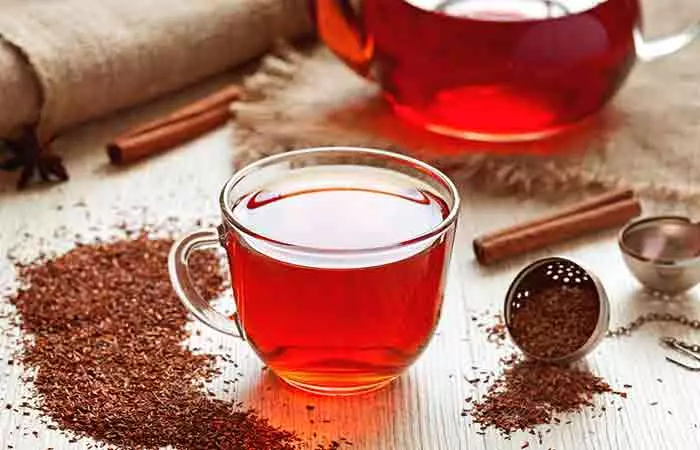
Rooibos tea is made from Aspalathus linearis, a shrub grown on the western coast of South Africa. The tea produces a reddish color when brewed, earning its name – red tea or red bush tea. Although rooibos tea is an herbal tea, it is not related to green and black teas. Traditionally, rooibos tea is made by fermenting the leaves of Aspalathus linearis. The process of fermentation turns the leaves reddish-brown (1). The unfermented variety of rooibos tea is called green rooibos. This South African tea has higher antioxidant content than the red one and is more expensive. Rooibos tea is available in plain and flavored varieties. Red rooibos tea has a smooth, fruity-sweet, earthy flavor and can be consumed as a hot or cold beverage. The unfermented rooibos tea has a slightly astringent flavor. Overall, it is milder than black and green teas.
 Did You Know?
Did You Know?Rooibos tea is graded based on many factors like color, flavor, and cut length. The highest grade of rooibos tea is called the ‘super grade.’ Due to its mild taste, rooibos tea is often added to multi-blend herbal tea concoctions. It is also rich in several different antioxidants, such as flavonoidsi Powerful antioxidants that protect the body against everyday toxins and stressors and help it function effectively. . Let’s take a look at the major flavonoids in this tea.
Key Takeaways
- Made from aspalathus linearis, rooibos tea is a shrub grown on the western coast of South Africa.
- It is caffeine-free, rich in antioxidants, and may promote heart health.
- It can balance blood sugar levels and reduce insulin resistance.
Chemical Composition Of Rooibos Tea
Rooibos tea is caffeine-free and low in tanninsi An antioxidant in tea, fruits, seeds, and some leafy vegetables, an excess of which can cause stomach irritation and nausea. compared to the tea from other tea plants, such Camellia sinensis.
It mainly contains (2):
- Tannins (3.2-4.4%, which is less than regular tea)
- Monomeric flavonoids (aspalathin and aspalalinin)
- Other flavonoids like beta-D-glucopyranosides, dihydro-orientin, dihydroiso-orientin
- Flavonols like quercetin, quercetin-3-orobinoside, hyperoside, isoquercitrin and rutin
- Phenolic acids
- Lignansi Plant compounds that can fight menopausal symptoms and the risk of diseases like osteoporosis and heart disorders.
- Coumarini A sweet-smelling plant compound with anti-inflammatory, anticancer, antibacterial, antifungal, and anticoagulant properties.
- Esculentin
- Vitamin C (ascorbate)
 Trivia
TriviaSince Rooibos is an alternative to black tea, are its benefits the same as the benefits of black tea, or better? Rooibos tea benefits are attributed to this diverse and beneficial phytochemical composition. All these phenolic compounds and antioxidants make rooibos tea an excellent free radical scavenger with anti-inflammatory, anticancer, and tumor inhibitory effects (2). Here are the health benefits of drinking rooibos tea.
Health Benefits Of Rooibos Tea
1. Is Caffeine-Free

Caffeine is a natural stimulant found in many varieties of tea and coffee. While moderate caffeine consumption is safe, excessive consumption of caffeine has been linked to sleep disorders, increased anxiety, restlessness, and headaches (3). Rooibos tea is naturally caffeine-free, making it a great alternative to black and green teas.
2. Is Antioxidant-Rich
Due to its high antioxidant content, rooibos tea helps prevent free radical damage, the primary cause of inflammation, cell damage, and premature aging.
The antioxidants in rooibos tea may also have anticancer and antitumor effects (2).
3. May Promote Heart Health

The antioxidant-rich rooibos tea has been associated with improved heart health. Studies show that rooibos tea helps reduce LDL or bad cholesterol and improve HDL or good cholesterol (4). This reduces the risk of heart disease.
4. May Help Manage Diabetes
Drinking rooibos tea may benefit people with diabetes mellitus.
Rooibos tea is a natural source of the antioxidant aspalathin, a chemical known for its anti-diabetic effect. It balances blood sugar levels and reduces insulin resistance (5), (6). Anecdotal evidence suggests that it may provide stress relief and improve digestion and the immune system.
5. May Aid Weight Loss
Fermented rooibos tea is rich in polyphenols and phenolic compounds like orientin, issorientin, and quercetin-3-O-robinobioside that may help inhibit adipogenesis (the formation of fat cells from stem cells) and prevent obesity (7). However, more research conducted on humans is needed to understand this benefit of rooibos tea.
So, we have learned how rooibos tea is a caffeine-free substitute for traditional teas, packed with antioxidants, and potentially helps fight ailments like heart disease and diabetes. This makes it a great addition to a balanced diet. However, despite these multiple health benefits, the tea may cause side effects. Let us learn more about them below.
Are There Side Effects Of Consuming Rooibos Tea?

Rooibos tea is safe to consume, and side effects are rare. However, there have been reports of an extremely rare case of hepatotoxicity (liver injury) caused by consuming rooibos tea and buchu (a herbal preparation). While the exact mechanism was unknown, researchers believed that it could be due to the heterogeneous composition of the tea prepared in small batches (8). Rooibos tea may interact with medications for chronic conditions like hyperglycemia (high blood sugar) and dyslipidemia (high or low blood lipid levels) (9). Hence, it is best to consult with your doctor before consuming rooibos tea. If you do not have any underlying health condition and want to consume rooibos tea, check out the process below.
How To Brew Rooibos Tea
Rooibos tea is versatile and can be enjoyed both hot and chilled. This makes it very similar to black tea. The best way to brew the tea is to follow the instructions on the pack. Alternatively, you may follow these instructions for a perfect cup:
- Boil 8 ounces of water and turn off the flame.
- Add 1-2 teaspoons of tea to it and steep for 5-7 minutes. You may adjust the steeping time as per your preference. Generally, a longer steeping time will result in a richer flavor and deeper color. However, be cautious not to steep for too long, as this may lead to bitterness.
- Strain into a cup and enjoy.
You may add honey, milk, or sugar to enhance its flavor if you want. You can also prepare iced tea. Here is a simple recipe:
Rooibos Iced Tea Recipe

You Will Need
- 6 tea bags or 6 teaspoons of rooibos tea
- 1 lemon (sliced)
- 20 mint leaves
- Sugar (as per taste)
- 4 liters of water
Method
- Boil the water, tea leaves, and all ingredients (except lemon) for 5 minutes.
- Let the tea cool down.
- Pour in a glass jar and add the lemon slices.
- Refrigerate for a few hours before drinking.
Rooibos tea may help prevent obesity and promote heart health. But how is green rooibos different from red rooibos tea? Find out in the next section.
Green Rooibos Vs. Red Rooibos Tea
Both red rooibos and green rooibos tea have distinct and robust flavor profiles. Red rooibos tea is made by oxidizing the dry leaves, which gives it the distinct red color. Green rooibos tea, on the other hand, is not oxidized. Red rooibos tea has a nutty, sweet flavor, while green rooibos tea has a milder, grassy taste. You can incorporate either one or both into your diet depending on your personal preference.
A blogger describes her experience of enjoying Rooibos tea and how it benefited her. She writes, “The taste is very unique and hard to describe…it’s almost nutty. It’s nothing like I’ve ever had before, so it took me some getting used to, but it’s something I crave now.” She further adds, “My skin is absolutely in love with this tea! My skin clears up quicker, is more hydrated and soft, breaks out less, texture and skin tone is more even, and the list goes on. It also provides my skin with a lovely, healthy glow, that almost blurs any lines on the face (i).”
Infographic: 4 Reasons To Drink Rooibos Tea
Rooibos tea is an herbal tea with a lovely sweet and earthy flavor. It is packed with antioxidants and minerals that may help promote relaxation and better sleep, making it popular among tea enthusiasts. Scroll down and check out the infographic to learn the different ways in which rooibos tea benefits your health. Illustration: StyleCraze Design Team
Rooibos tea is an excellent replacement for regular tea. It is replete with potent antioxidants and has anti-inflammatory properties. The benefits of rooibos tea range from better heart health to delayed signs of aging. It may also help manage diabetes by controlling blood sugar levels and reducing insulin resistance. Thanks to its caffeine-free nature, rooibos tea is a good choice for those with anxiety. You can make rooibos tea hot or chilled to reap these benefits. Nevertheless, excess consumption may cause liver injury or interfere with medications. If you experience any adverse effects, limit its use and seek medical advice.
Frequently Asked Questions
Is rooibos healthier than green tea?
Both rooibos and green tea are healthy and rich in antioxidants. However, though green teas contain more antioxidants than rooibos, rooibos has two particular antioxidants which are highly beneficial for cardiovascular health that are not present in green tea. Additionally, rooibos tea does not contain caffeine, which is available in some quantities in green tea.
Is rooibos good for hair?
Yes, rooibos contains certain minerals essential for hair growth and hair health, such as zinc, copper, calcium, and potassium. The tea also contains antioxidants which may also contribute to hair health and protect it against damage from oxidative stress.
Does rooibos tea increase estrogen?
Yes, rooibos tea may raise estrogeni A female sex hormone that plays a role in the development of the reproductive system and the secondary sex characteristics. levels as it is known to express estrogenic activity in the body. Individuals at a higher risk of breast cancer should consult with their healthcare provider before consuming rooibos tea.
Is rooibos tea good for lungs?
Yes, rooibos tea may act as a bronchodilator and help open up the airways, increasing airflow to the lungs. It also has anti-inflammatory properties which may help relieve congestion.
Illustration: Benefits Of Rooibos Tea How To Brew It & Side Effects

Image: Stable Diffusion/StyleCraze Design Team
Uncover the amazing health benefits of rooibos tea! From antioxidants to improved digestion, this video explores the advantages and potential side effects of this delicious herbal infusion.
Personal Experience: Source
StyleCraze's articles are interwoven with authentic personal narratives that provide depth and resonance to our content. Below are the sources of the personal accounts referenced in this article.
i. Benefits of Rooibos Tea: My Experience
https://beautywithinandout.wordpress.com/2016/07/02/benefits-of-rooibos-tea-my-experience/
References
Articles on StyleCraze are backed by verified information from peer-reviewed and academic research papers, reputed organizations, research institutions, and medical associations to ensure accuracy and relevance. Read our editorial policy to learn more.
- Production and quality aspects of rooibos tea and related products: A review https://www.researchgate.net/publication/287441310_Production_and_quality_aspects_of_rooibos_tea_and_related_products_A_review
- Rooibos (Aspalathus linearis) and its Major Flavonoids — Potential Against Oxidative Stress-Induced Conditions https://www.intechopen.com/chapters/49269
- Caffeine consumption and self-assessed stress, anxiety, and depression in secondary school children https://www.ncbi.nlm.nih.gov/labs/pmc/articles/PMC4668773/
- Rooibos Tea and Health: A Systematic Review of the Evidence from the Last Two Decades https://www.sciforschenonline.org/journals/nutrition-food/article-data/NFTOA166/NFTOA166.pdf
- Hypoglycemic effect of aspalathin, a rooibos tea component from Aspalathus linearis, in type 2 diabetic model db/db mice https://www.sciencedirect.com/science/article/abs/pii/S0944711308002213
- A Beneficial Role of Rooibos in Diabetes Mellitus: A Systematic Review and Meta-Analysis https://www.ncbi.nlm.nih.gov/labs/pmc/articles/PMC6017582/
- Effects of fermented rooibos (Aspalathus linearis) on adipocyte differentiation https://pubmed.ncbi.nlm.nih.gov/24060217/
- Tea not Tincture: Hepatotoxicity Associated with Rooibos Herbal Tea https://www.ncbi.nlm.nih.gov/labs/pmc/articles/PMC4435260/
- Aspalathin from Rooibos (Aspalathus linearis): A Bioactive C-glucosyl Dihydrochalcone with Potential to Target the Metabolic Syndrome https://www.thieme-connect.de/products/ejournals/abstract/10.1055/s-0044-100622
Read full bio of Tracy Tredoux
Read full bio of Ravi Teja Tadimalla
Read full bio of Arshiya Syeda
Read full bio of Aparna Mallampalli






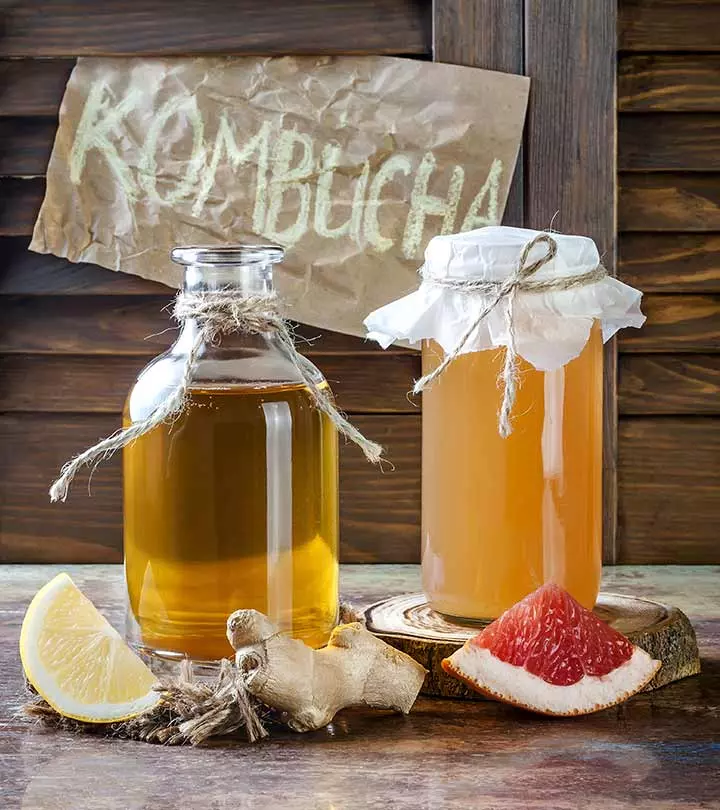
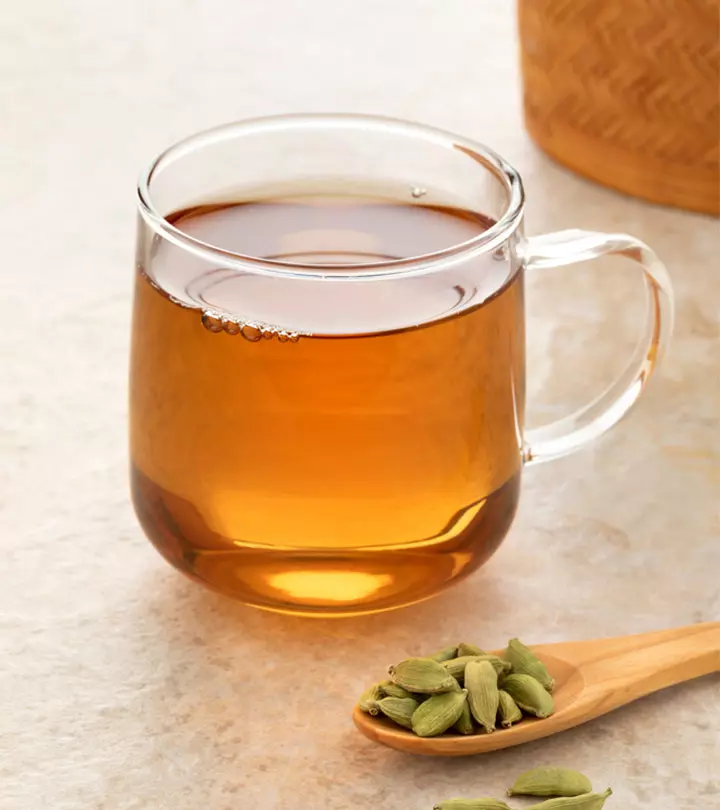
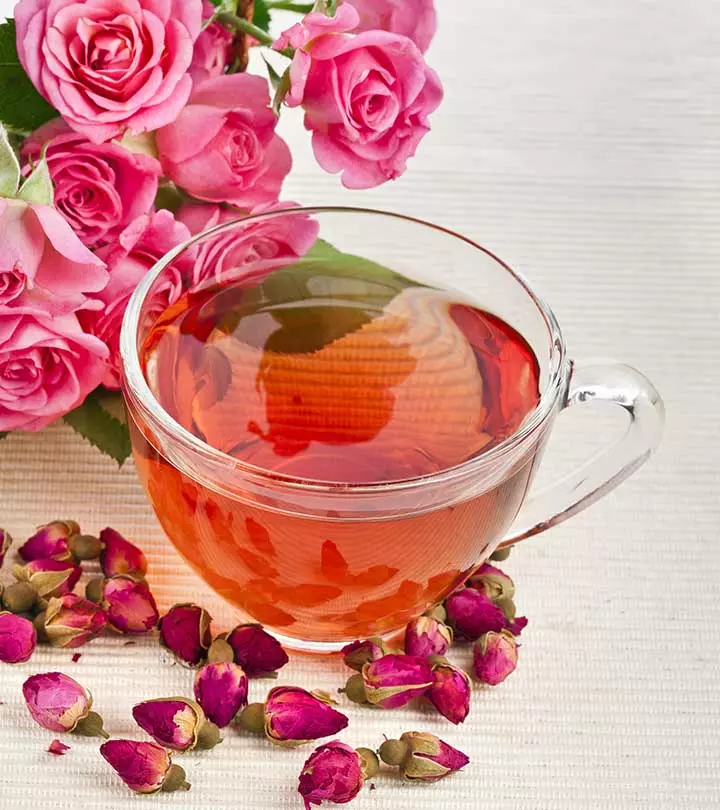
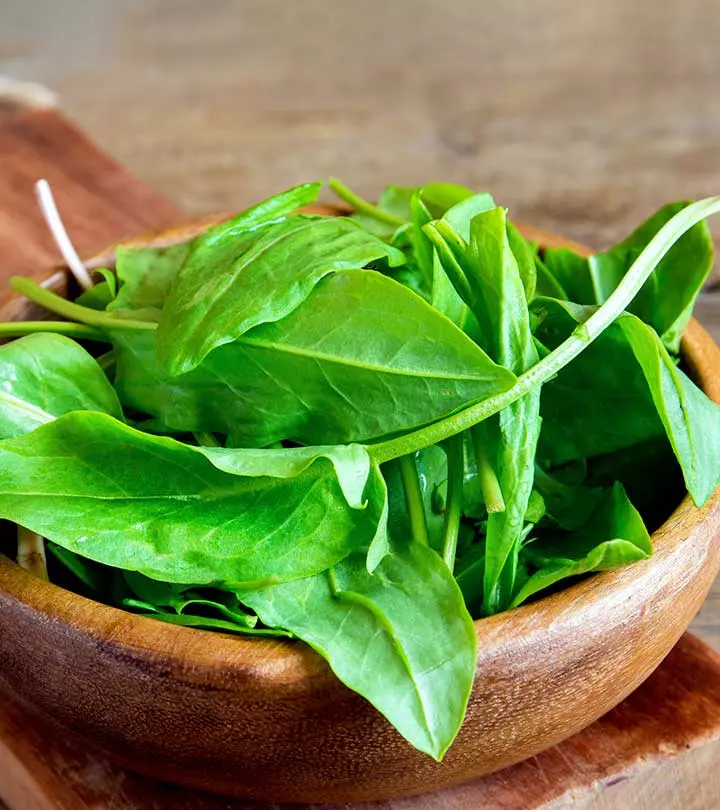
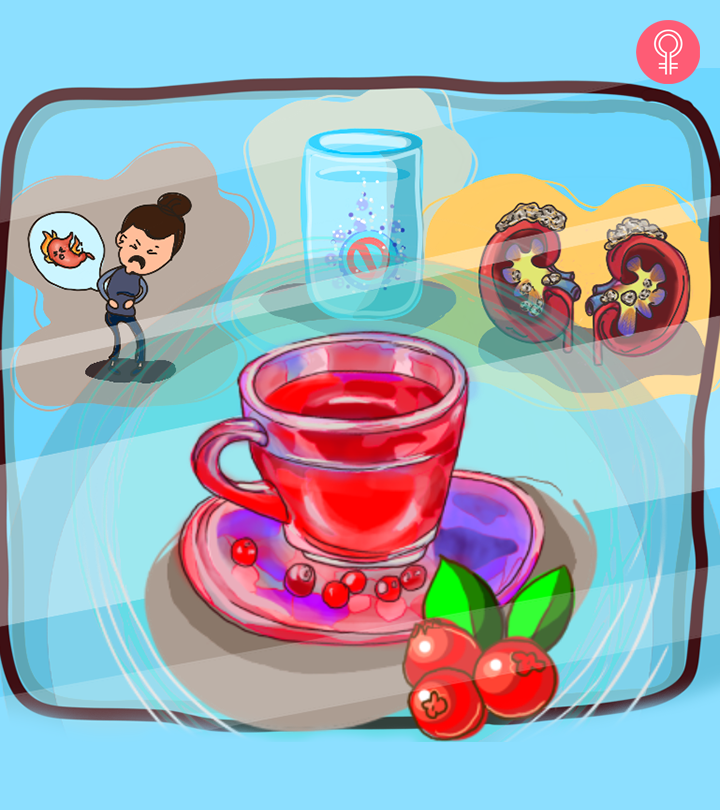
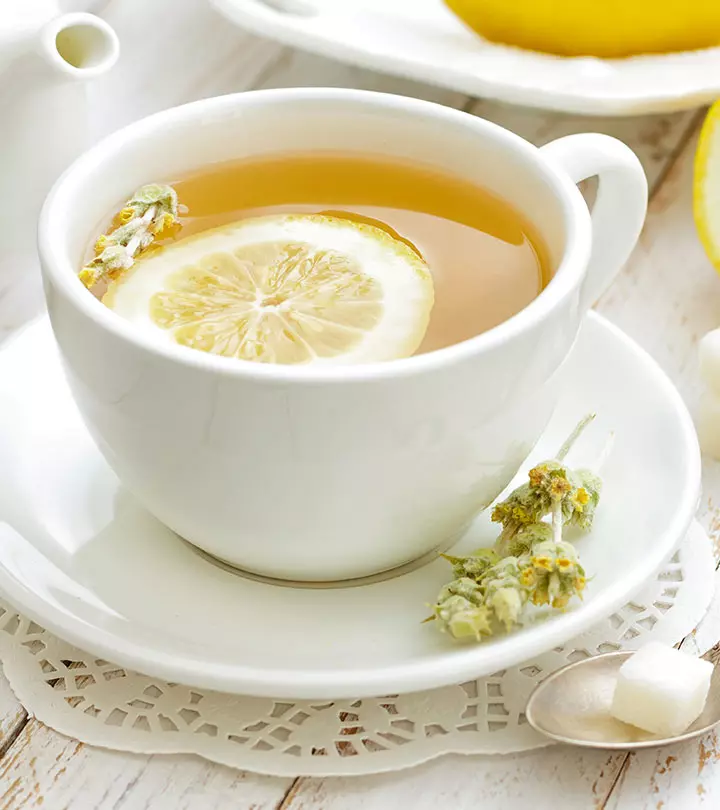
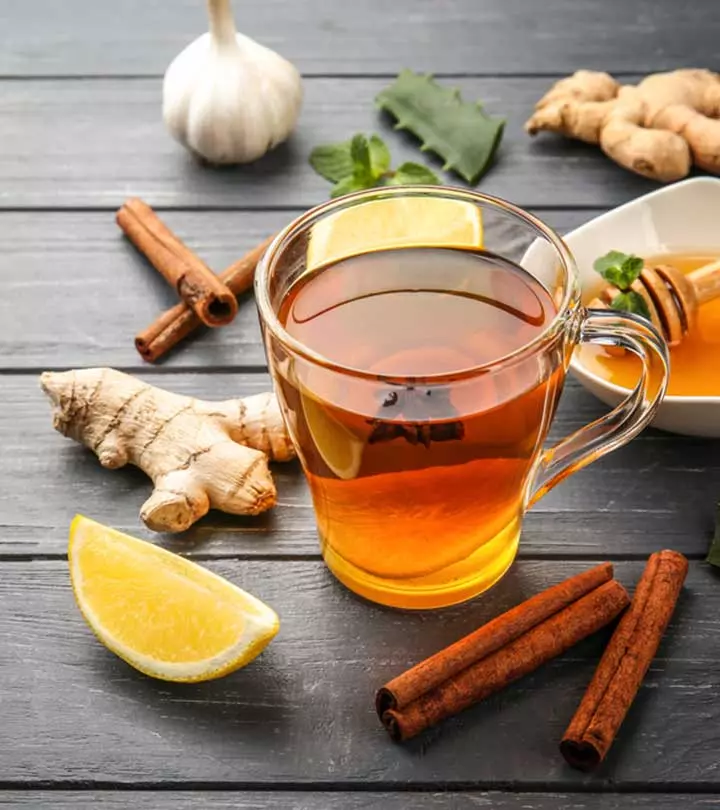
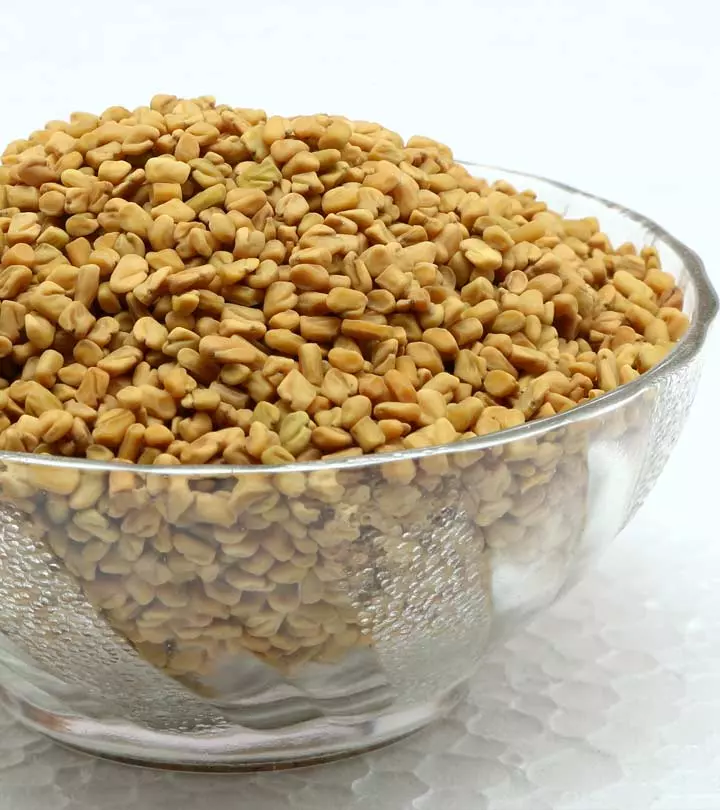

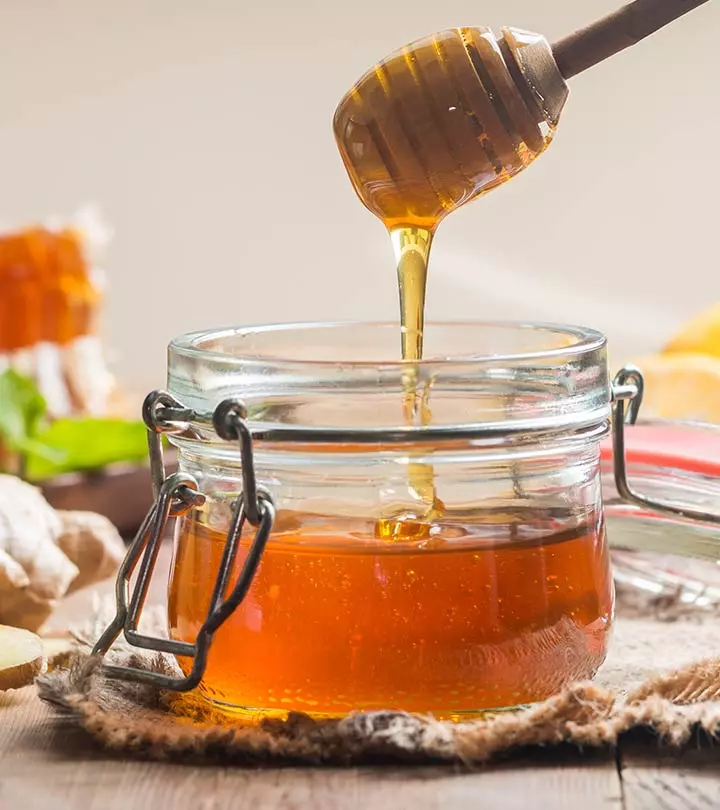
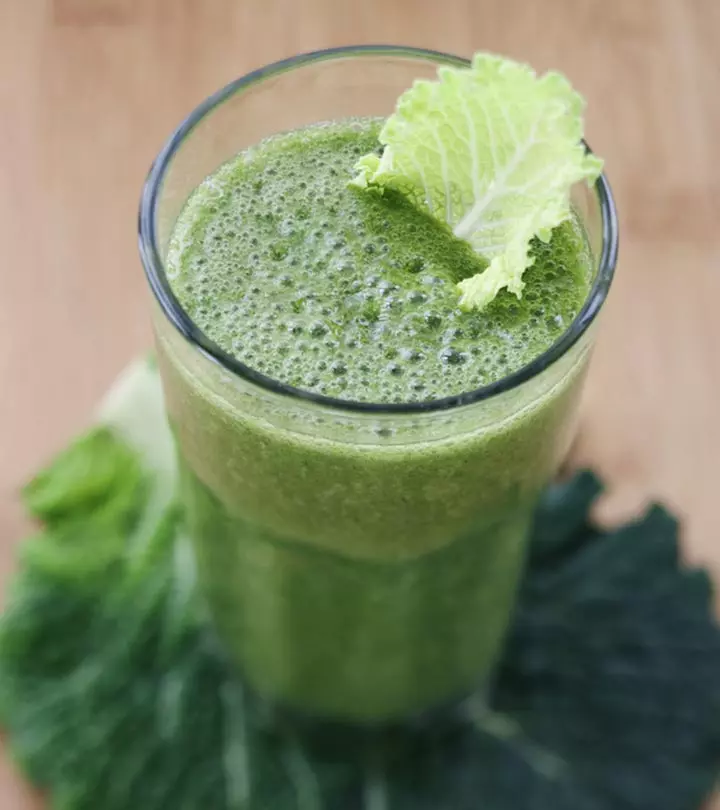
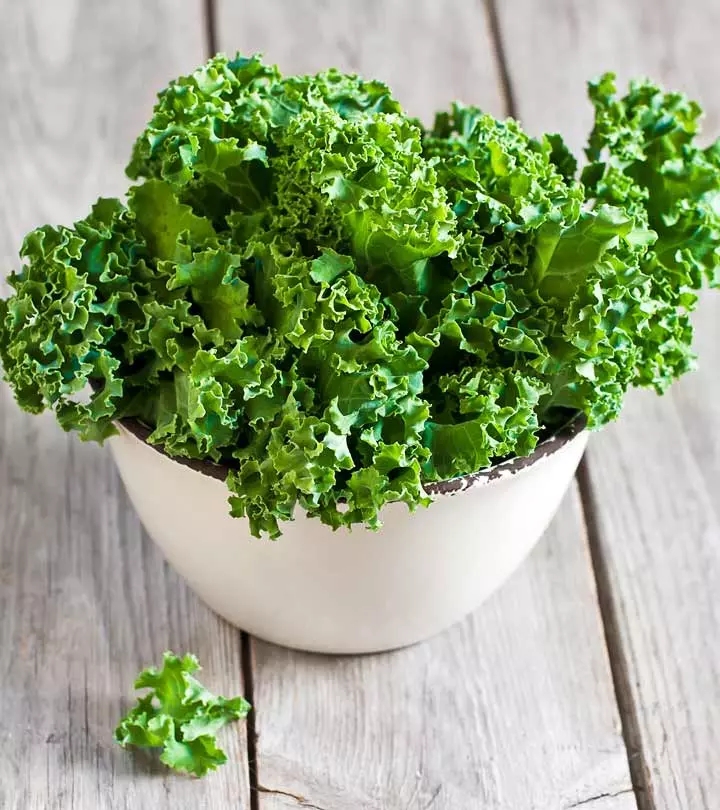
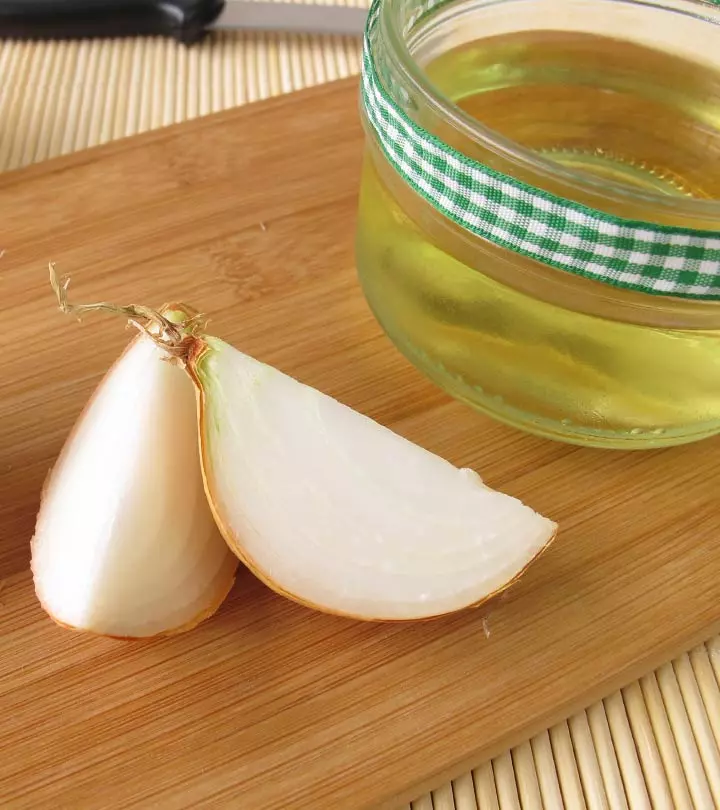

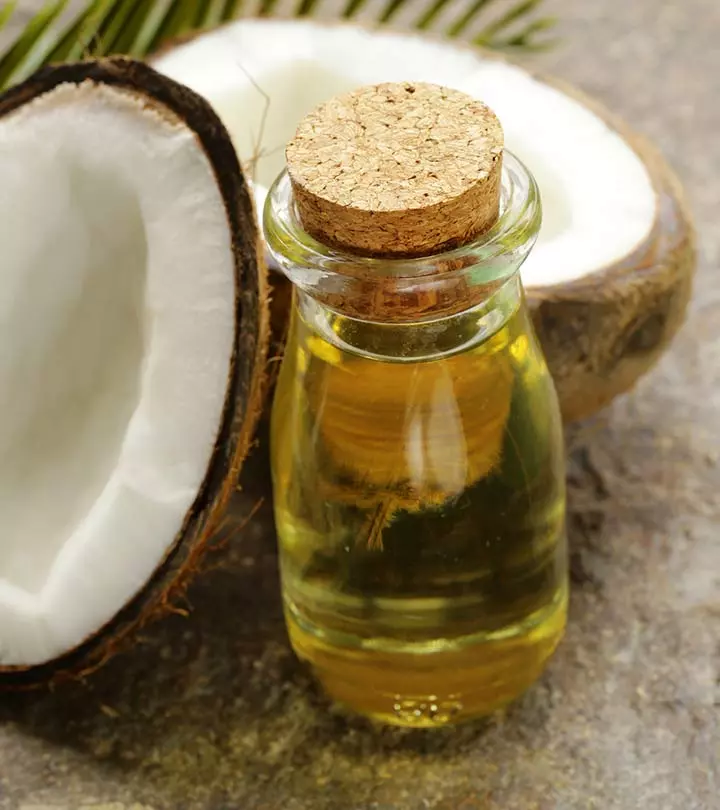






Community Experiences
Join the conversation and become a part of our empowering community! Share your stories, experiences, and insights to connect with other beauty, lifestyle, and health enthusiasts.